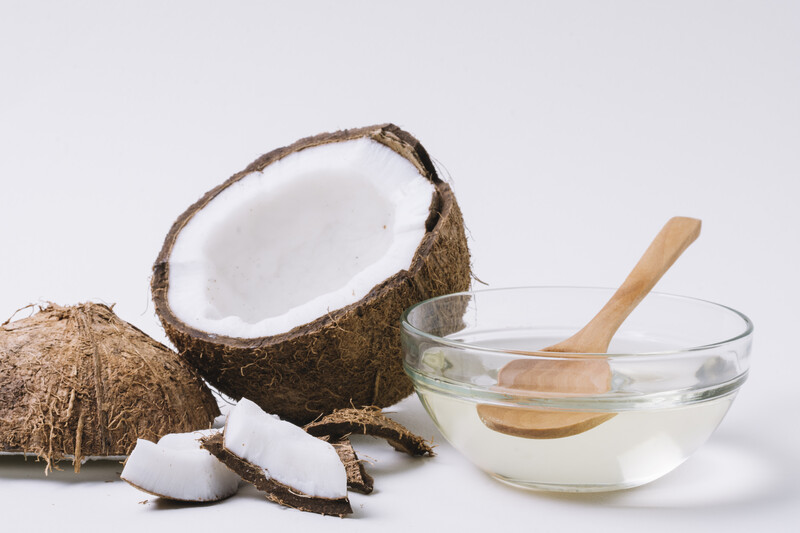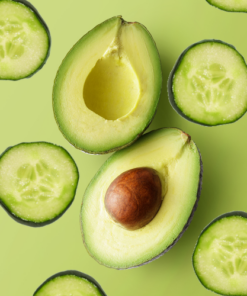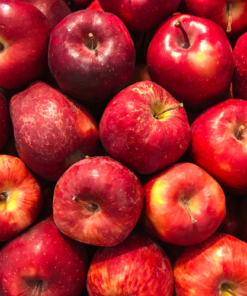Coconut Oil – 5L
R680,00
Coconut Oil – 5L – This versatile oil has been cherished for centuries for its moisturizing, nourishing, and rejuvenating properties to your skincare
1 in stock
Coconut Oil – 5L
What is Coconut Oil?
Coconut Oil is a multi-purpose, plant-based oil extracted from the meat of mature coconuts. It is well known for its lightweight texture, subtle tropical scent, and powerful skin-conditioning properties. Whether you’re using the refined or unrefined version, this oil offers exceptional hydration and protection. Since it’s rich in medium-chain fatty acids like lauric acid, it supports a healthy skin barrier and helps prevent moisture loss.
Key Benefits for Skin and Hair
Thanks to its nourishing profile, Coconut Oil delivers a wide range of benefits for both skin and hair. It penetrates quickly, making it ideal for everyday use. In addition, it soothes irritation while leaving your skin soft and smooth.
-
Rich in lauric acid and vitamin E
-
Moisturizes dry, rough, or flaky skin
-
Forms a barrier that seals in hydration
-
Softens dry patches and improves skin texture
-
Helps reduce protein loss in damaged hair
-
Adds shine and softness to dull or frizzy strands
Why Choose Coconut Oil?
Because Coconut Oil is both effective and affordable, it remains a top ingredient in clean beauty formulations. You can use it alone or blend it with other oils and butters to create richer, more nourishing products. Moreover, its semi-solid texture at room temperature makes it ideal for balms, scrubs, and whipped butters.
Common Uses in Formulations
Coconut Oil fits seamlessly into a wide variety of handmade and commercial products. For this reason, it’s one of the most trusted carrier oils in natural skincare.
-
Whipped body butters and moisturizers
-
Lip balms and healing salves
-
Hair masks and leave-in conditioners
-
Sugar scrubs and exfoliating blends
-
Melt-and-pour or cold process soaps
-
Natural deodorants and oil cleansers
Final Thoughts
Coconut Oil brings natural hydration, skin protection, and hair nourishment in one simple ingredient. Whether you’re crafting a body product or a conditioning hair mask, this oil adds value and versatility. With its proven performance and gentle nature, Coconut Oil is a go-to for beauty formulations that truly work.
| Weight | 5 kg |
|---|---|
| Dimensions | 30 × 18 × 11 cm |











